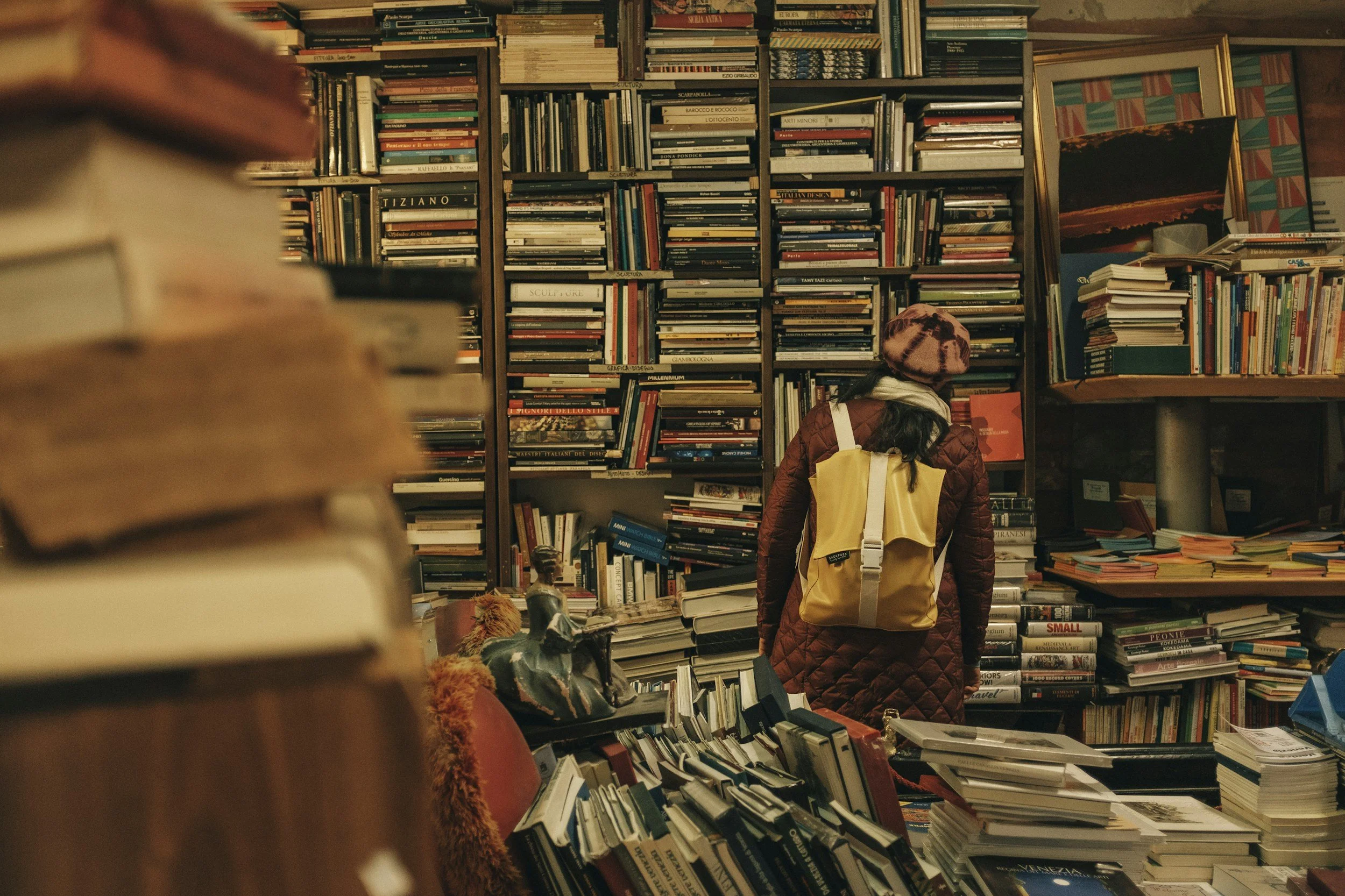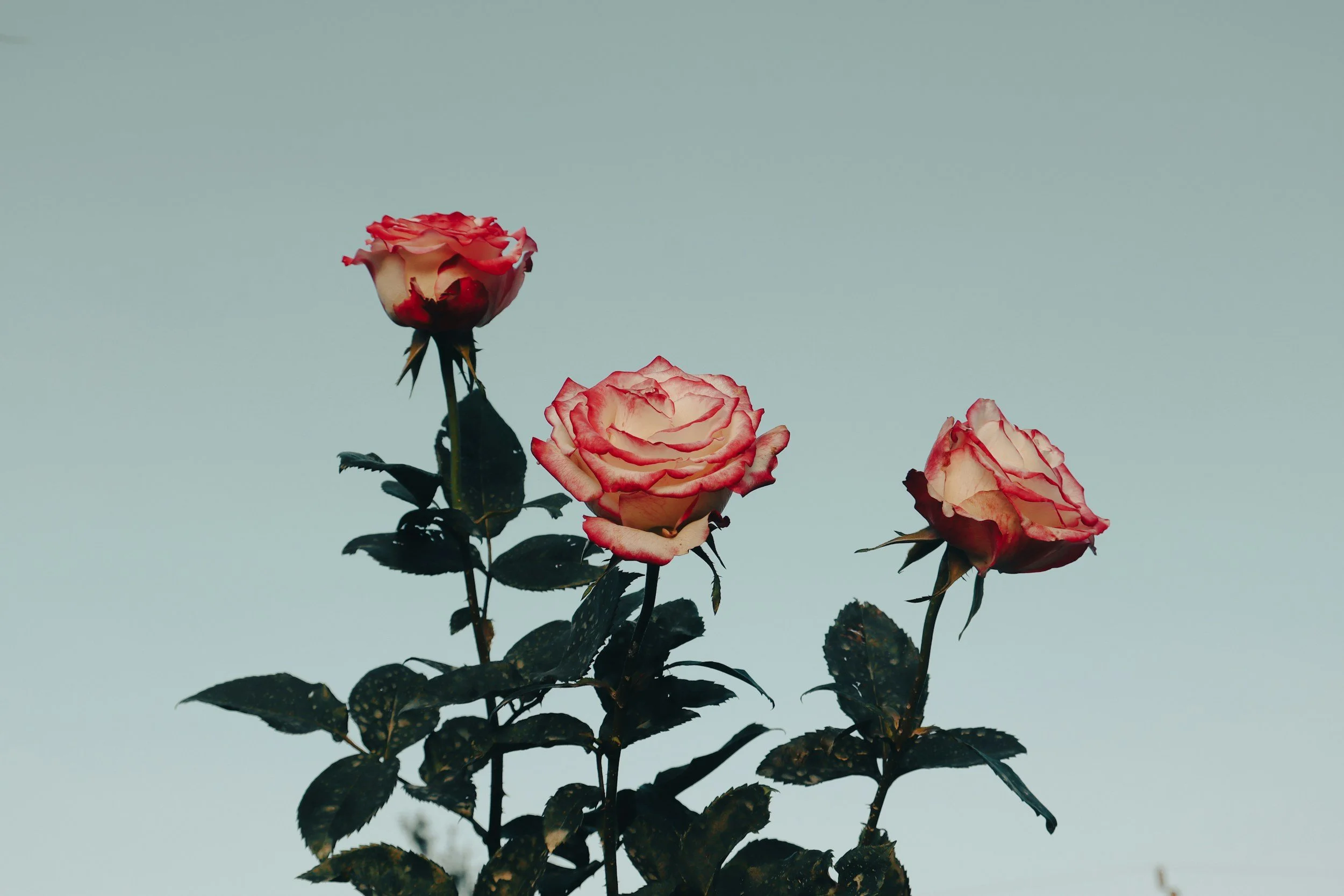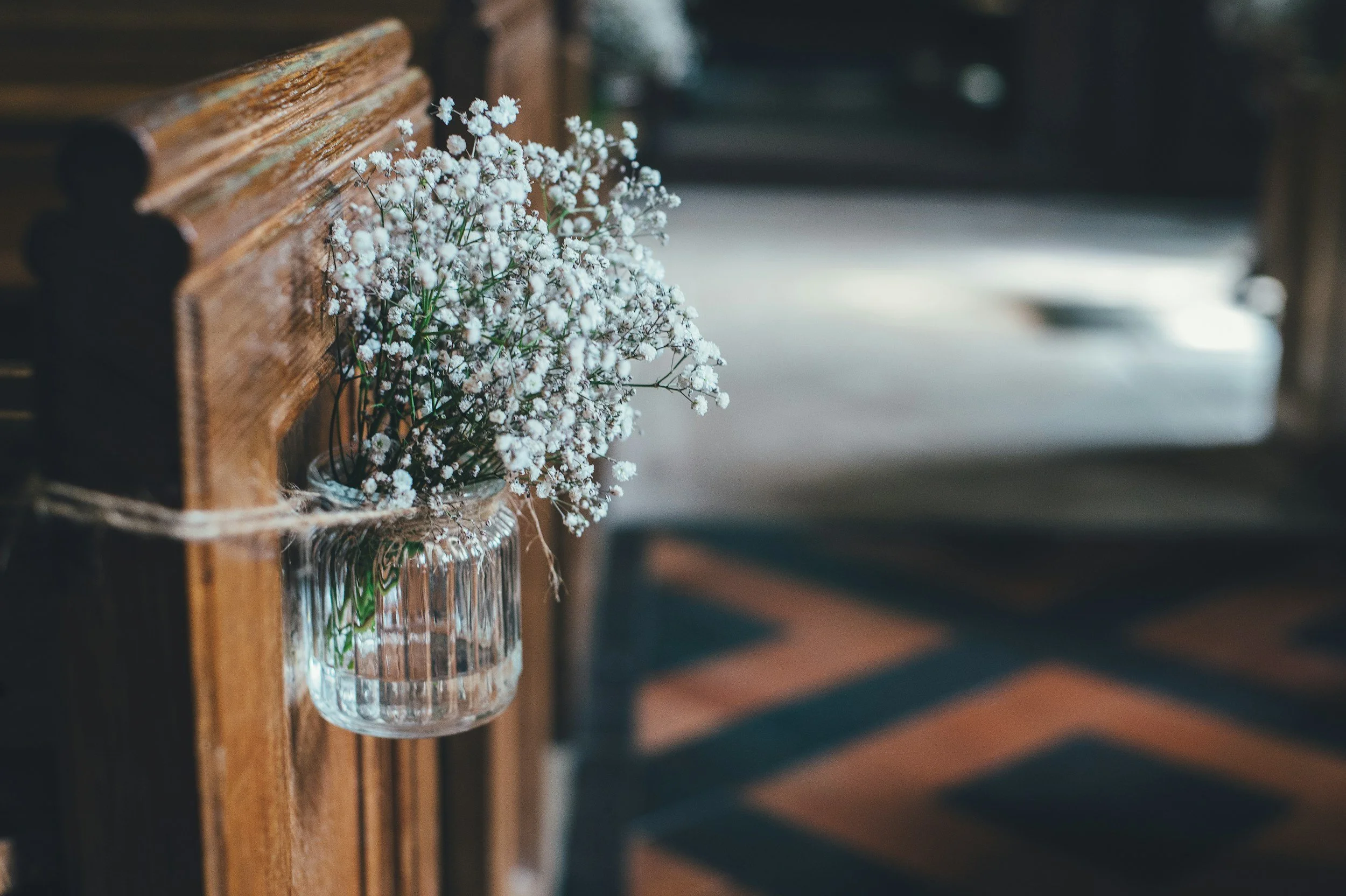Science and Poetry
On the day after Thanksgiving 2022, I dragged my husband to a thrift shop outside Boston to look for a book I'd donated nearly twenty years ago. It started as a Twitter dare the week before. I was chatting with some pals about a book an ex-boyfriend gave me when I was twenty and we were at the height of a love affair that lasted seven years. My ex died in February, and I was having a hard time talking about it; most people didn't seem to understand why I was so upset about the death of a guy I broke up with so long ago. The easiest thing to do, sometimes, was to play it for laughs; at least that way I got to talk about it a little, with strangers who didn't know me well. "Why don't you go look for it?" someone said. "You never know, and it'll be a great story if you find it."
Of course the book wasn't there.
It had been, after all, twenty years, and I'd been back to this same thrift shop a hundred times since. There was no way it would be there. A tiny worn yellow book that wasn't famous and didn't look like much, it had probably gone out with the trash the same day I turned it in. My ex, Marvin, was a philosophy professor. The book, Science and Poetry by I.A. Richards, was a foundational text in his field of aesthetics, a first edition and Richards' personal, inscribed copy to boot. When he gave it to me, I could tell from his eyes, beating blue, what it meant to him. Our relationship, my first love, was the kind where everything was writ large, underlined and bolded.
But I was young, twenty years old at the time, and I never quite knew what to do with this little book. Dense with tiny type, on an obscure topic, and barely hanging to its yellowed hinges, I kept it hidden away in drawers for years. Just as I'd hidden the relationship with this man who was nearly fifty years my senior. We'd met online, in 1991, on an early version of social media called Internet Relay Chat. I was a first-year student at Wellesley College, and he taught at a school far away. Online chatting turned into a phone call, then daily calls, and an intense and special friendship lasting nearly seven years took root. We met in person twice, and he was my first lover. While it was ongoing, only a handful of people knew anything about it, and fewer still know about it now. About that part of my life and that version of who I am.
As my husband and I picked through the shelves and eyeballed the small rare books section I held my breath. It wasn't there. I walked out with my head hung. "I'm sorry I'm sorry," I said as we pulled away from the store, my eyes blurry with tears. I hugged my elbows and stared at my lap as we drove away. "What a waste. Of course, it's not there. What was I thinking?"
"It's okay," my husband said, exhaling, navigating traffic. He patted my knee. "I understand."
I wasn't sure though. For the past months, I'd struggled to make anyone understand. Trying to talk to people in my life now, the story seemed almost absurd, out-of-character, at least out of the one they knew. Friends hearing this story for the first time, and even my therapist, viewed him as a predator, and the young woman I was then as an innocent dupe. They weren't entirely wrong, but the stereotypes blotted out the texture of how he'd made me feel, how he'd listened, cared for me. How he told me every day that I was a treasure and a prize. I could tell him anything. He was always available to me when I needed him. He was my confidant, my best friend. I didn't know he was married. That information wouldn't come to me for years—in the early 1990s, there was no real Internet to stalk him on, no way for me to find these things out. I'd heard rumors and had doubts, but he was persuasive, and I chose to believe him. He lived over three thousand miles away, and his word was all I had to rely on.
I broke up with him because, in the end, he couldn't be the person I wanted him to be. But I never stopped caring for him, even if for a long time I kept those feelings at bay. I moved on. I reinvented myself. I married and went to graduate school, embarked on a career that I loved and I never anticipated. I never talked about him to anyone, though I probably thought about him a little every day. When he died, the years collapsed and the scaffolding I'd built fell on top of me. I struggled to fit this love into the life I'd built, into the person I am now. I got rid of the book because I thought seeing it on my bookshelves, among old textbooks and paperbacks, would just make me angry. It filled me with shame, looking at it in my new home. It didn't fit. Now its absence seemed like a hole I couldn't possibly fill.
He'd given me other gifts—flowers, a small stereo for my dorm, some jewelry, but nothing so personal. And over the years all of it had gone one way or another. The flowers died, the stereo replaced with something better, the jewelry donated away. But these things, while nice, were not personal. They hadn't belonged to him. And they hadn't really suited me anyway, even if they were meant to last. In my middle years, I was someone who appreciated a rare book, and I missed the little treasure I'd tossed away. Maybe if I could hold it in my hands again, keep it safe, maybe the person I used to be, that I'd cut out and walked away from, could be healed back into the person I was still becoming. I kicked myself over and over for my carelessness.
I set up searches on eBay and elsewhere, trying to recover it. But it was gone, discarded a long time ago like it was nothing, a stone on the path to my life without him. After his death, tributes poured out over the Internet, about his life, his sixty-two-year-long marriage, "remarkable" and "extraordinary," along with details I never knew, things he didn't share with me. Like that his native language was Yiddish, or that he'd had malaria while serving in Anzio in World War II. Now I felt like nothing. I started to wonder if it had happened at all. As the Internet became a portal to an alternate universe where I didn't exist, I became desperate to lay my hands on anything that could prove it wrong. I ordered a copy of a book he published in 1998 shortly after we broke up. When we were together, he'd shown me drafts and asked for me for feedback, promised me I'd be in the book somewhere, too, but I had never looked for a copy. I tore the package open when it arrived and flipped through to the Preface. My name was there, albeit abbreviated. He thanked me alongside others for "advice and encouragement". Not the love letter I'd hoped for, but not nothing. I existed. I was there, by name.
I still haven't found my copy of Science and Poetry. But I no longer feel like I need it. What we shared is a part of me and my story—our story—that no one can take away, book or no book. As I've begun to tell my story, I've found myself wanting to tell other stories, opening my creativity and finding my voice in ways I never expected to. Even if no one else understands what he meant to me, I do, and I'm the only one who really needs to. I may never see the book again. But in losing it, I found rarities inside of myself, and I can hold on to them forever, no matter what.
-Marie Cloutier
Marie Cloutier (she/her) is a writer and poet. Her work has been published in Scribes Micro, Bare Back Literary, and elsewhere. She is at work on a memoir. Connect with her on her website, www.mariecloutier.com.




















